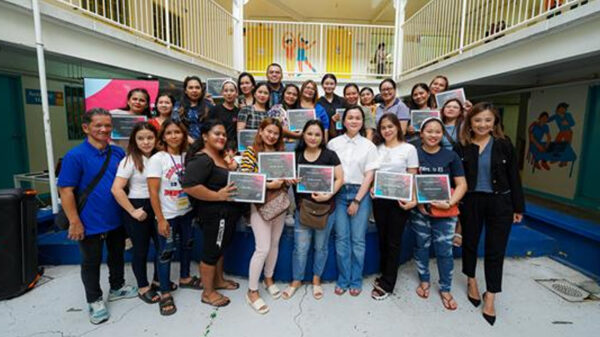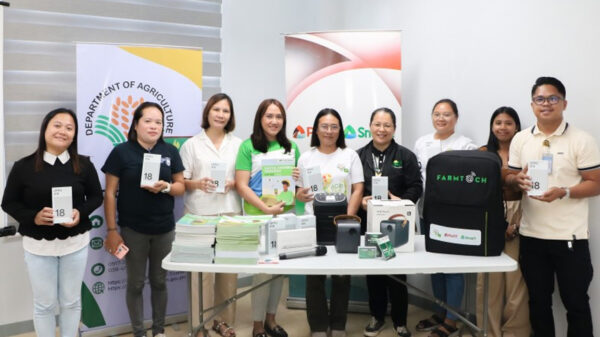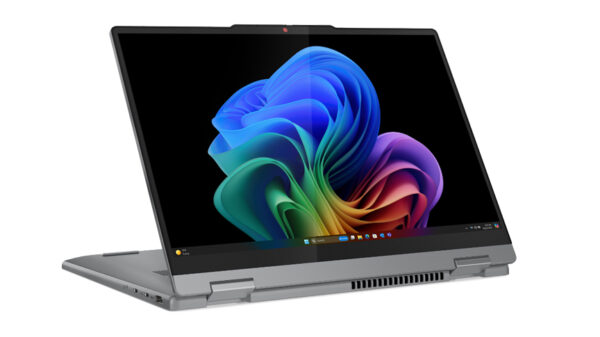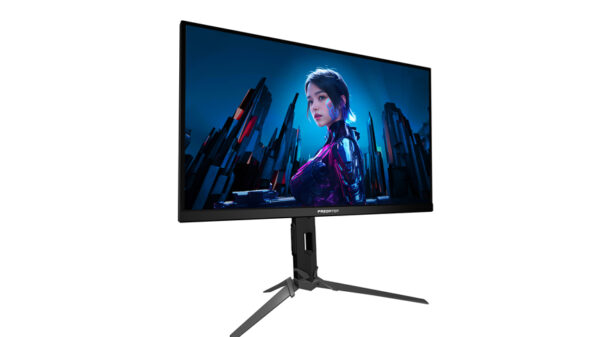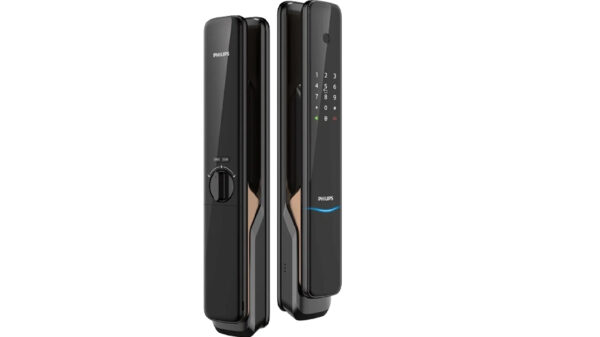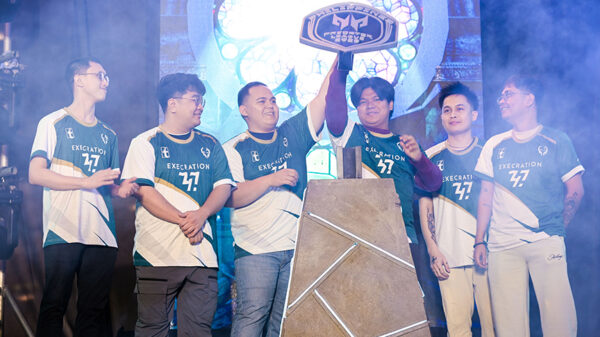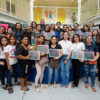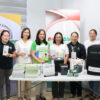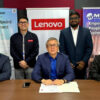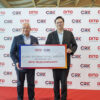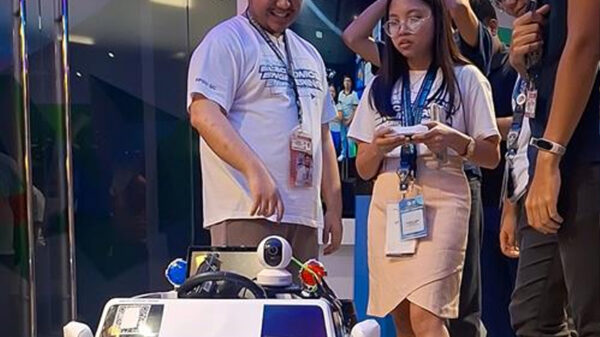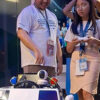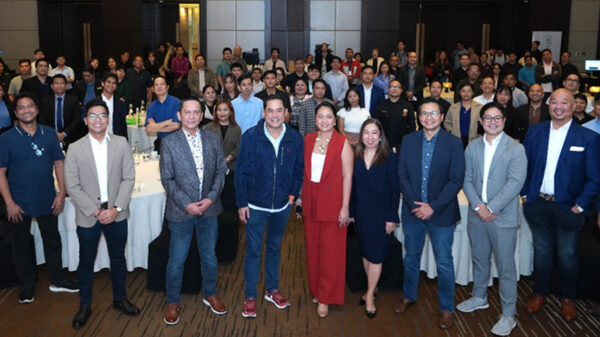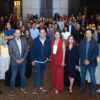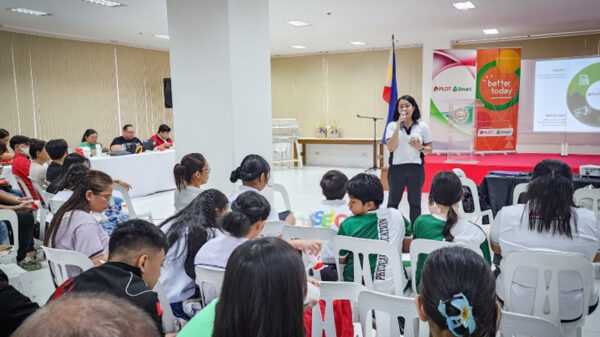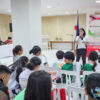The 2018 National DQ Impact Report, a collaborative work among DQ Institute, Globe and DepEd, involved 3, 819 primary public and private school students. The study profiled the students’ level of access to devices and the internet, types of online activities they are involved in and their susceptibility to cyber-risks. Results of the study were announced in association with the World Economic Forum on Safer Internet Day 2018.
According to the study, up to 73% of Filipino students, aged 8 to 12, are exposed to at least one cyber-risk, which include cyber-bullying, video gaming addiction, meeting strangers online, online sexual behaviors. This is significantly higher than the global average of 56%.
“The study provides a deeper understanding of the Filipino students’ online behavior. With Globe Telecom’s Digital Thumbprint Program (DTP), we hope to further equip the youth to adopt to the new digital environment and help shape the future leaders in our country,” said Globe SVP for Corporate Communications Yoly Crisanto.
The study also showed that the average 8-12 year old Filipino child spends about 34 hours per week in front of digital screens for entertainment alone, 2 hours higher than the global average. 53% of them access the Internet through their own personal mobile phones, and 50% of them are highly active on social media platforms. In addition, the study found that Filipino children use social media sites such as Facebook (67% compared to 39%) significantly more than the global average, which may lead to higher exposure to online cyber-risks.
“It is very important for Filipino children to learn how to use social media more safely and responsibly. They are highly involved in what we call a “risky-pair”: using their mobile phones and actively engaging in social media activities compared to children in other countries,” says Dr Yuhyun Park, founder of the DQ Institute.
Crisanto emphasized that the study will be used in addressing cyber-risks that Filipino students are most susceptible with and in improving digital citizenship level of students in the country, as part of the company’s DTP initiative.
Starting 2016, Globe, in collaboration with DepEd, undertook an initiative for increased digital literacy and online responsibility in schools through two key programs, recognizing it is a collective responsibility to build a safe support network for each and every child.
Through the Global Filipino Schools (GFS) Program, every DepEd division in the country is provided a teacher training hub to bring 21st century learning in public schools through technology. The program equips one showcase school per division with free internet connectivity, mobile ICT equipment for learning, and teacher training on ICT integration in the classroom.
Under the company’s Digital Thumbprint Program (DTP), on the other hand, students and teachers are also provided free workshops on responsible digital citizenship. Workshops cover principles on online safety and security, online etiquette and responsibility, online leadership and empowerment, and how to identify false information from credible information online.
DQ is defined as the sum of technical, mental and social competencies essential to digital life. It encompasses the skills and values that are needed to thrive as responsible netizens to answer the demands of the digital era. These skills empower citizens to have ethical and responsible use of technology, an attribute that marks the leaders of tomorrow.

